
Why Luca Guadagnino Got Snubbed at the 2025 Oscars
Luca Guadagnino is no stranger to critical acclaim - or Oscar snubs. In 2024, the Italian director delivered two strikingly different but equally lauded films: Challengers, a steamy, slow-burn tennis romance, and Queer, a moody adaptation of the William S. Burroughs novella. Both films were praised by critics, yet neither received a single Oscar nomination.

In The Shadow of The Brutalist
Yes, The Brutalist is long. It’s pretentious. It’s ambitious and unapologetically grand. But this is what makes it interesting. It’s a film that forces you to bear witness to an unchecked ego and sit with that discomfort. Far from being a stock tale of genius, the film is a complex (and flawed) meditation on the forces that can elevate and destroy a man.
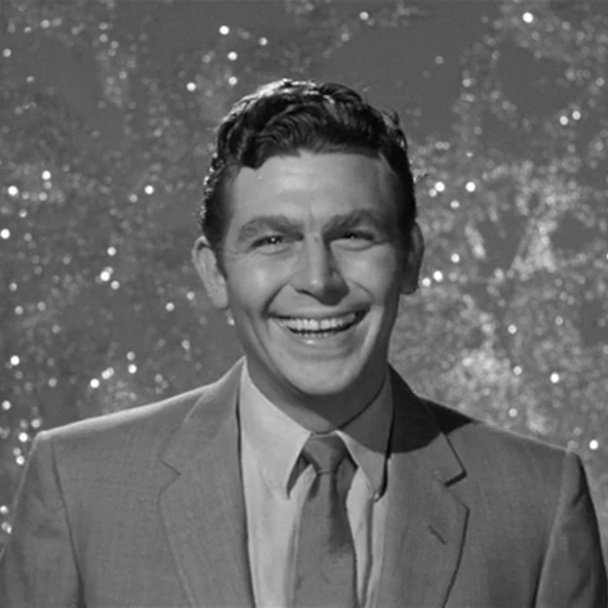
A Face in the Crowd: Prescience at What Cost?
There is one film, though, that I believe deserves the modern parallels it often invokes: A Face in the Crowd. Released in 1957 to moderate acclaim, the film is the work of Hollywood envelope-pusher Elia Kazan and screenwriter and novelist Budd Schulberg, whose eponymous collection of short stories the film is based on. A Face in the Crowd focuses on the meteoric rise of a jailbird from Arkansas.

A Beginner's Guide to the French New Wave
The French New Wave was a radical departure from conventional filmmaking. Utilizing jump cuts and location shooting on a yet-unseen scale, the movement prioritized low-budget, singular films that allowed creatives to break out of the confines of the studio system. New Wave films were further proof for domestic and international audiences that film was more than mere entertainment.

The Sage is not Humane: Sam Peckinpah’s Five Best Films
Sam Peckinpah occupies a unique station in the canon of American film directors because he found success just before the creative floodgates of New Hollywood. He then went on to push the boundaries of what could and couldn’t be shown on film—crafting works more transgressive than many of his younger peers. This made him the target of studio meddling and censorship, but his legacy is nonetheless founded on grit, ingenuity, and daring.

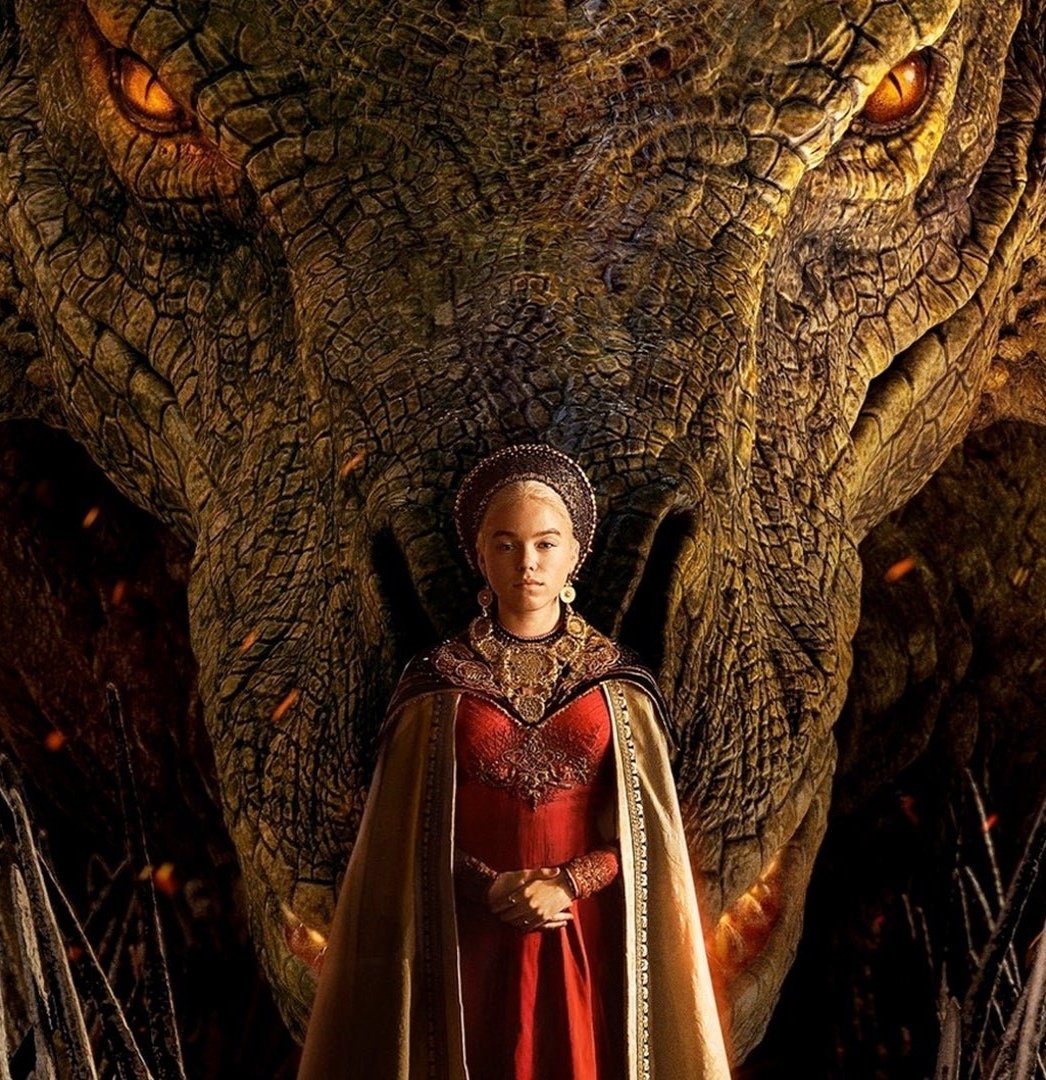
House of the Dragon Season 1: A Worthy Successor to the Game of Thrones Legacy
Succeeding Game of Thrones (GoT), one of the most widely discussed and watched shows in television history, is no easy job. The shows will be compared, and previous baggage always remembered. House of the Dragon, a show about the rise and fall of a ruling house in the GoT universe, stares down that daunting prospect with aplomb and more.
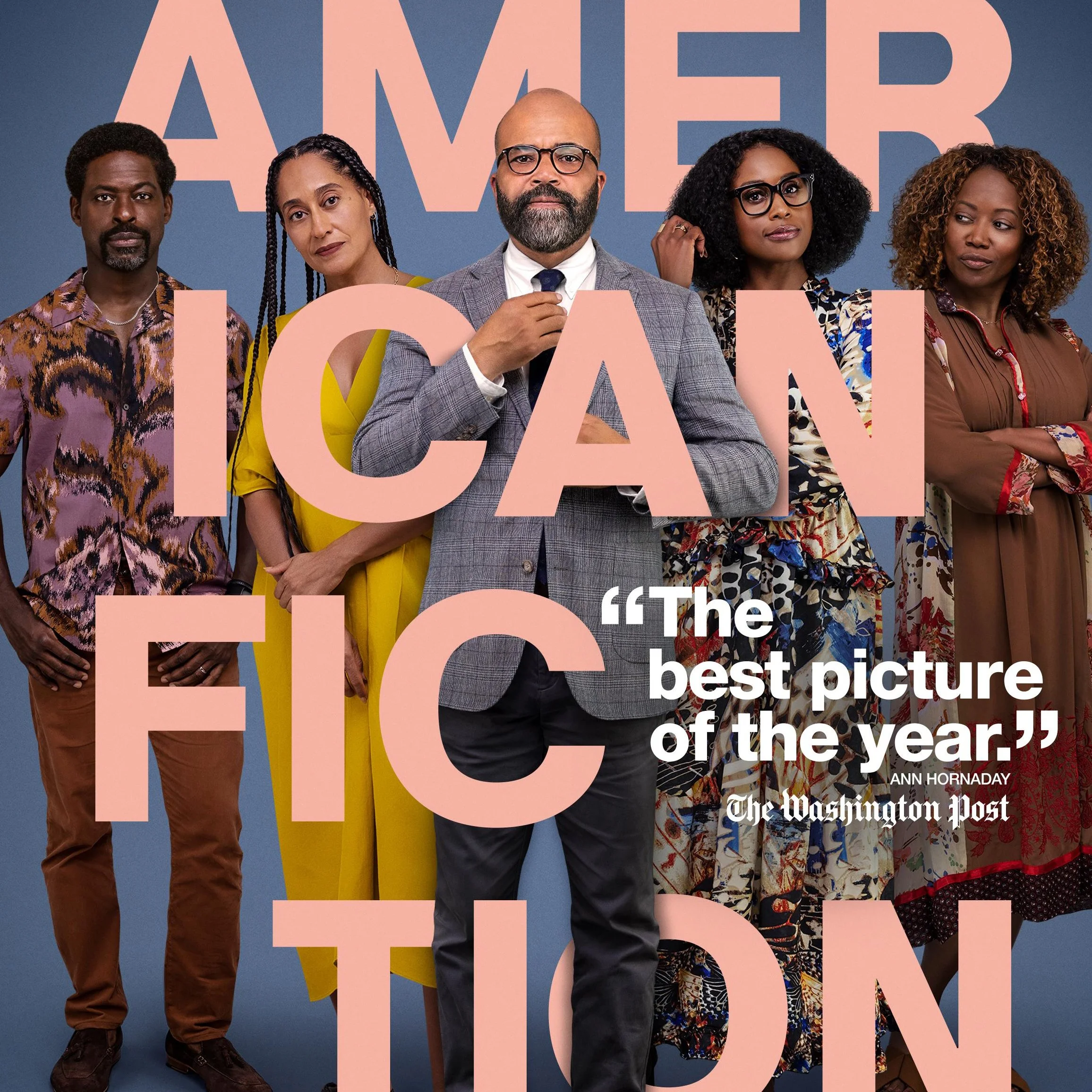
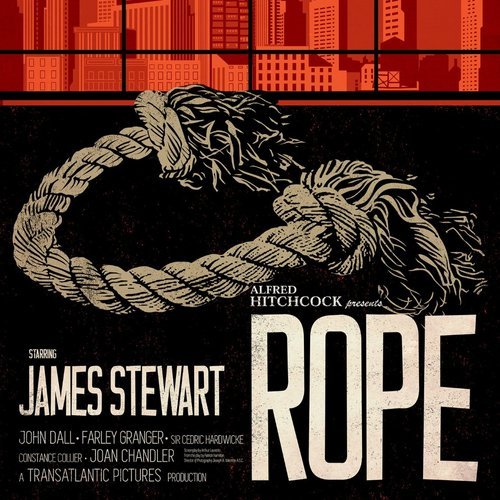



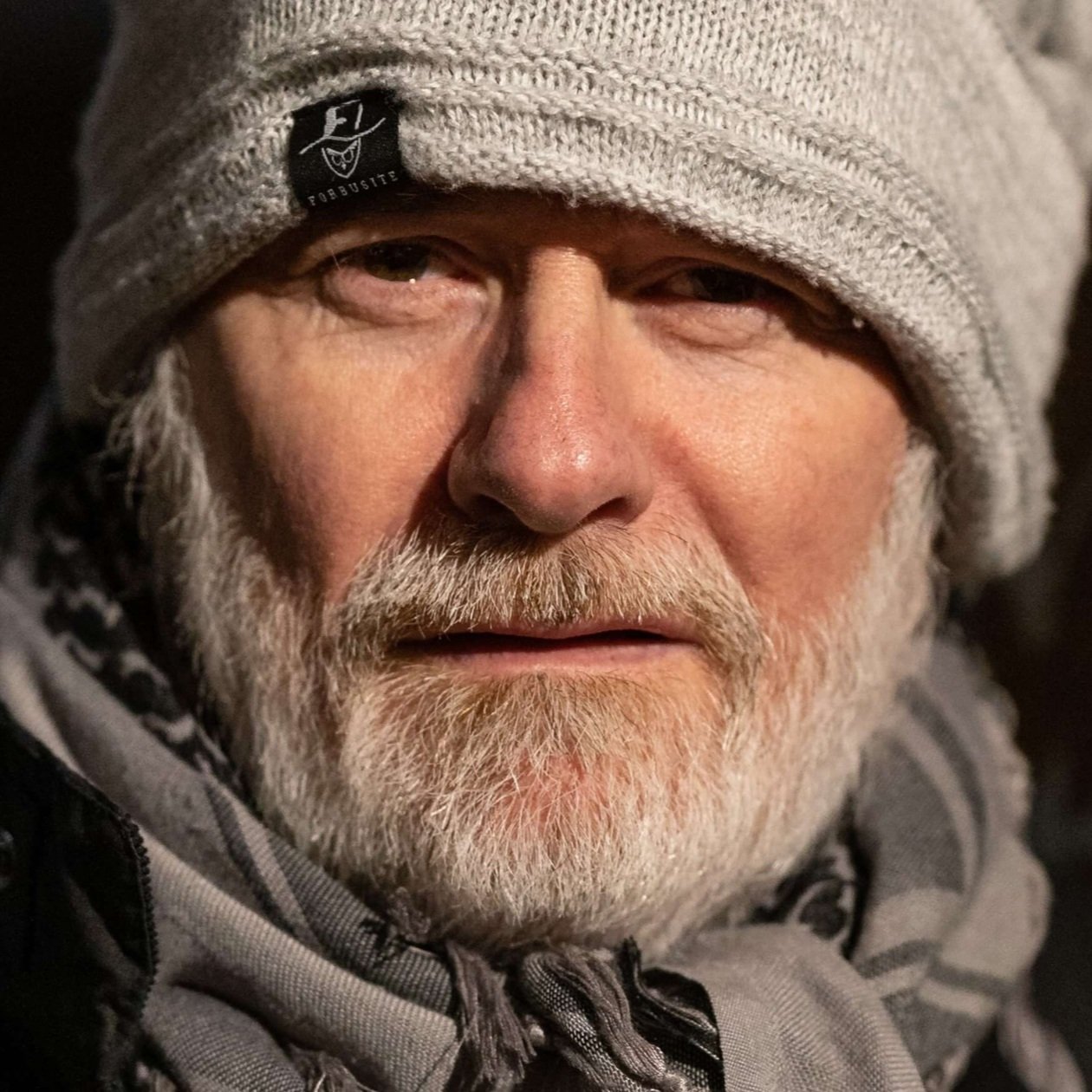
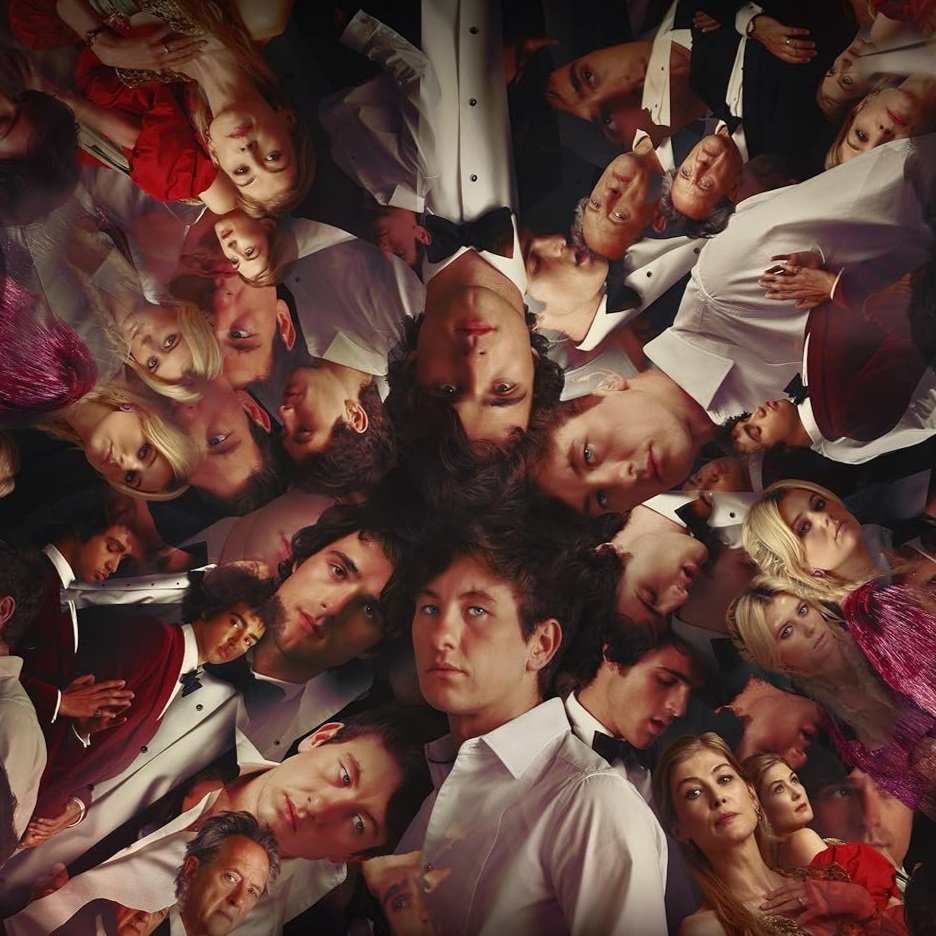




My Heart’s Memory Turns To You: Derek Jarman’s Blue
More last testament than love letter, Derek Jarman’s 1993 experimental film Blue was as unique and challenging then as it continues to be today. More radio play than movie, it’s 79 minutes of an entirely blue saturated screen, over which two interwoven stories braid together to weave a story of Jarman’s recollected, daydreamed, restless experiences of living with AIDS in 1990s London, and the adventures of blue itself as a color and a character. Punctuated throughout are the ghostly names of Jarman’s former friends and lovers already lost to the disease.

My One & Only Love: Leaving Las Vegas
Every time I go to Las Vegas, usually for work to spend time in a light-locked, soulless conference room listening to the obvious masquerading as professional advice, I think the same thing. That there’s a deep, longing melancholy to the place. A sadness behind the bright neon lights of the strip, the omnipresent din of the casinos, and the faces of those who’ve come to Sin City seemingly to let loose and get away from it all. Far from the oasis in the desert in promises, the city aches with loss. An unfulfilled hope of gambled pleasure, and drawn like moths to the flame by the flashing billboards, and where darkness never truly descends, we wander around in the half-light neon glow of the desperate attempts to separate us from our time and money.
Trying to Empathize With The Whale
The dissipating buzz surrounding The Whale (2022) was inevitable considering that its only major attraction post its film festival run were the names attached, namely those of the director, Darren Aronofsky, and star, Brendan Fraser. Although their star power can be felt in this film, it is not nearly enough to make The Whale seem like anything more than it is: a typical Oscar-baity, A24, indie “think-piece.”